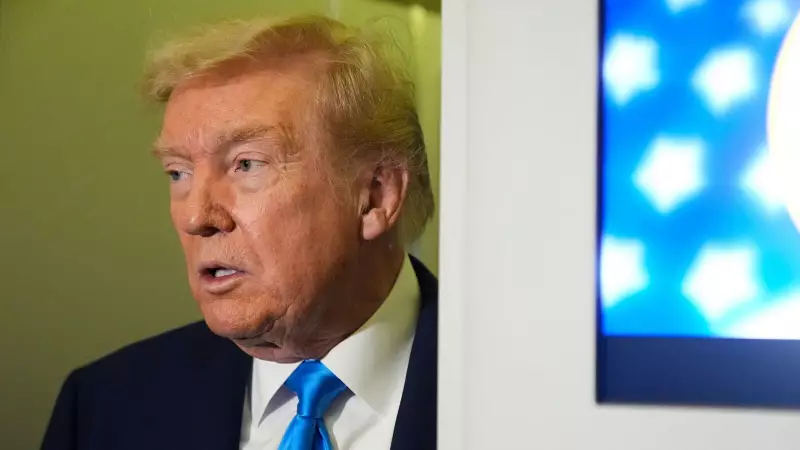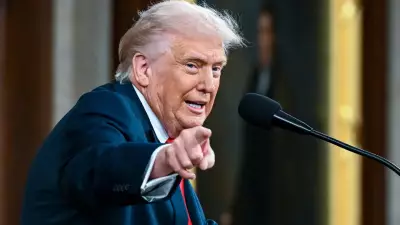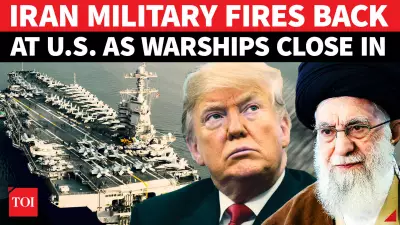
Former US President Donald Trump's upcoming Asian tour is generating significant diplomatic buzz across the region, with key allies South Korea and Japan preparing for high-stakes discussions amid China's expanding economic and political footprint in Southeast Asia.
The Diplomatic Tightrope
As Trump prepares to visit strategic partners, regional experts note that Southeast Asian nations are walking a delicate diplomatic tightrope. While maintaining strong security ties with the United States, countries like Malaysia are increasingly dependent on Chinese investment and trade relationships.
South Korea's Strategic Concerns
Seoul faces particular challenges as it navigates the complex geopolitical landscape. Analysts suggest South Korean officials will seek reassurances about US commitment to regional security while addressing ongoing tensions with North Korea.
Japan's Alliance Priorities
Tokyo, a longstanding US ally, is expected to emphasize the importance of maintaining strong bilateral ties and discuss coordinated approaches to regional security challenges, including maritime disputes in the South China Sea.
China's Economic Footprint Grows
Meanwhile, China continues to expand its economic influence throughout Southeast Asia through ambitious infrastructure projects and trade agreements. The Belt and Road Initiative has created substantial economic dependencies that complicate traditional alliance structures.
Malaysia's Balancing Act
Malaysian leaders exemplify the regional dilemma—maintaining security cooperation with Washington while pursuing economic opportunities with Beijing. This delicate balance reflects broader trends across ASEAN nations seeking to maximize benefits from both superpowers.
The outcome of Trump's tour could signal significant shifts in Asian geopolitics, potentially reshaping alliance structures and economic partnerships for years to come. Regional observers are watching closely as these diplomatic exchanges unfold against the backdrop of China's rising regional dominance.






